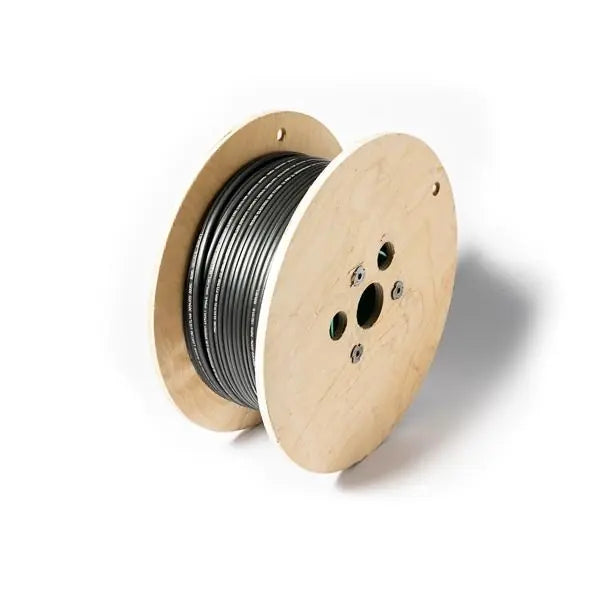Choosing the Right Wire Gauge for Landscape Lighting

Landscape lighting is an essential aspect of any outdoor space, as it enhances the aesthetic appeal and provides security during nighttime. However, installing landscape lighting requires careful consideration of various factors, including the wire gauge. Choosing the right wire gauge is crucial for ensuring your landscape lighting system's efficient performance and longevity. In this article, we will explore the importance of wire gauge, how to determine the right wire gauge, the types of landscape lighting wire available, the benefits of low voltage landscape lighting, the installation process, and answer commonly asked questions about wire gauge selection.
Importance of Wire Gauge
What is Wire Gauge?
Wire gauge refers to the thickness or diameter of a wire. It is denoted by a numerical value, with a higher number indicating a thinner wire and a lower number representing a thicker wire. Regarding landscape lighting, the wire gauge plays a crucial role in determining the amount of voltage that reaches your light fixtures.
Factors Affecting the Wire Gauge Choice
Several factors influence the choice of wire gauge for landscape lighting. The distance between the power source and the light fixture is significant. Longer wire runs result in higher voltage drop, necessitating the use of thicker wire to compensate for the loss. The wattage and type of light fixtures also influence the wire gauge selection, as higher wattage fixtures require thicker wires to handle the increased electrical load.
Determining the Right Wire Gauge
Calculating Voltage Drop
Calculate the voltage drop that occurs over the wire run to determine the appropriate wire gauge for your landscape lighting system. Voltage drop refers to the decrease in voltage as electricity travels through the wire. Excessive voltage drop can lead to reduced brightness and unreliable performance of your landscape lights.
Choosing the Correct Wire Gauge
As per industry recommendations, the correct wire gauge for your landscape lighting system depends on the voltage drop allowed. For low voltage landscape lighting systems operating at 12 volts, a voltage drop of 10% or less is generally accepted. You can refer to a wire gauge chart that recommends specific wire lengths and voltages.
Types of Landscape Lighting Wire
Overview of Different Wire Types
There are various types of landscape lighting wire available in the market. The most commonly used wire for landscape lighting is a low voltage cable designed specifically for outdoor use. These cables are typically available in different gauge options, such as 12 gauge, 14 gauge, and 16 gauge. Low voltage landscape lighting cables are made with durable materials to withstand outdoor conditions and are often rated for direct burial.
Commonly Asked Questions
What Gauge Wire Do I Need for Landscape Lighting?
The gauge wire you need for your landscape lighting depends on factors such as the distance between the power source and light fixtures, the wattage of the fixtures, and the desired voltage drop. Refer to a wire gauge chart to determine the appropriate wire gauge for your specific requirements.
Does a Bigger Wire Gauge Reduce Voltage Drop?
A bigger wire gauge reduces voltage drop due to its larger diameter. Thicker wire offers lower resistance to the flow of electricity, allowing for more efficient voltage transmission and minimizing the loss over longer wire runs.
How Far Can You Run Different Gauge Wires?
The distance you can run different gauge wires varies based on the voltage drop allowed and the wattage of the fixtures. Thicker wire gauges can handle longer wire runs with minimal voltage drop than thinner ones.
Conclusion
Choosing the right wire gauge is paramount for optimal performance and longevity of your landscape lighting system. By understanding the factors affecting wire gauge selection, calculating voltage drop, and considering industry recommendations, you can ensure your landscape lighting operates efficiently. Opting for low voltage landscape lighting offers several benefits, including energy efficiency, enhanced safety, and design flexibility. In summary, investing time and effort into selecting the appropriate wire gauge and correctly installing your landscape lighting system will result in a beautifully illuminated outdoor space for years.
